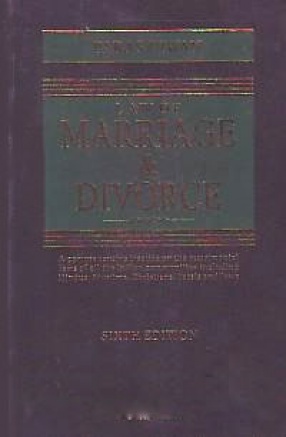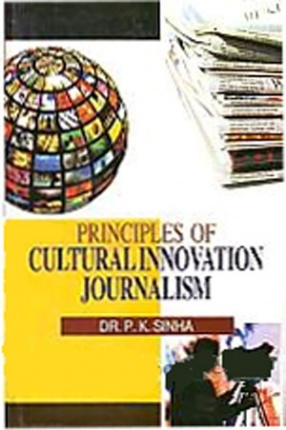The Indian federation is not merely a "flexible federation," as Dr. Ambedkar called it, but the amending power and process under the Indian constitution are unique in more than one respect. Certain provisions of our constitution can be amended by a simple majority vote of Parliament, but the constitution refuses to call them amendments. Thus, when new states are established or admitted, or boundaries and names of existing states are changed, article 4(2) says that such laws "shall not be deemed" as amendment of the constitution. Some provisions of the constitution can be amended by a majority of the total membership of each house of Parliament and by a majority of not less than two-thirds of the members of each house present and voting. Some amendments, in addition to the special majority-vote, require ratification by half of the states. The present second edition of the book, examines critically the amending powers and process as laid down in the Indian constitution in the light of our constitutional developments and distortions. The first four chapters of this book deal with this theme. The fifth chapter is devoted to the topic-wise treatment of all the amendments. The primary purpose of the work is to inform the reader of our amendment-making process and power; its topic wise treatment of amendments helps the reader to locate the amendment on any area that he wants to know; and the text of amendments and "objects and reasons" behind them, helps him to know the exact text and the objective of the amendment. This outstanding book is a must for all jurists and advocates; legislators and publicmen; and all teachers, scholars and students of law, political science, public administration, etc.
Muslim Law in Modern India
$25.20
$28.00








There are no reviews yet.